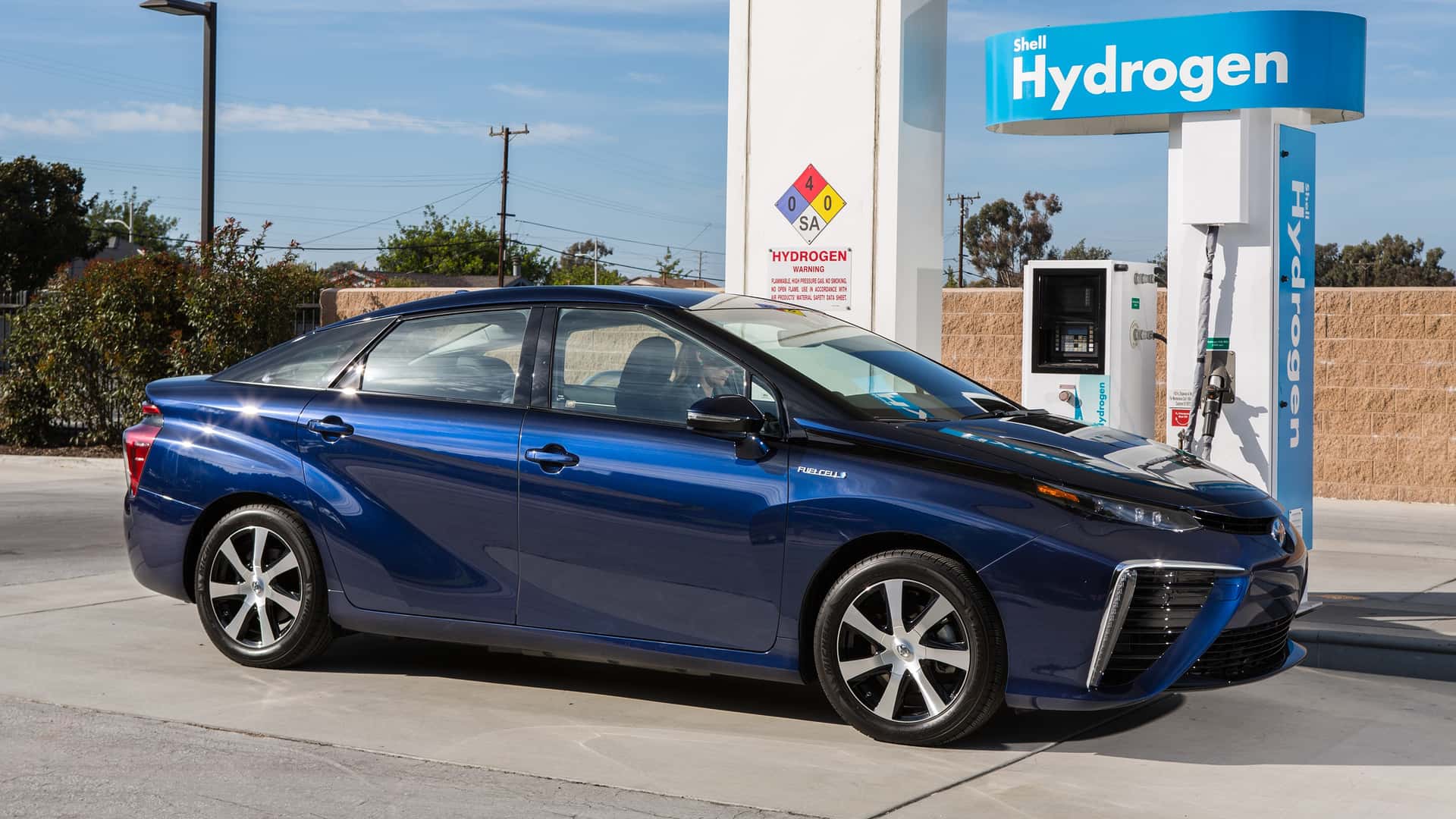Shell Is Immediately Closing All Of Its California Hydrogen Stations | The oil giant is one of the big players in hydrogen globally, but even it can’t make its operations work here.::The oil giant is one of the big players in hydrogen globally, but even it can’t make its operations work here. All seven of its California stations will close immediately.



Because batteries suck for any application where weight (ie. energy density) matters. Running long haul semis off batteries is not a super practical thing. Even with consumer cars, there are people for whom hydrogen will be a better fit.
Basically we’ve been in a world where the happy medium of energy density and efficiency (gasoline) was used for everything. Now we likely need to split those things up into what energy density is more important for, and what energy efficiency is more important for.
I thought for a long time that aviation might be the application where hydrogen actually wins out. Density-to-weight is crucial. But I don’t see much activity on that front. It has the same problem as all other applications: you’d need the hydrogen infrastructure to be available everywhere. Batteries will always have one benefit: they’re easier to transition to because we already have electricity pretty much everywhere. Electric autos haven’t been overly handicapped by the lack of charging stations because many can just charge at home. Hydrogen aviation would require large regional or even international coordination to ready the fueling infrastructure. And that little issue about the compressed flammable gas keeps nagging… seems like it would make surviving a plane crash even harder.
There’s a lot of activity on the hydrogen-fueled aviation front.
https://www.popsci.com/technology/hydrogen-fuel-cell-aircraft-explained/
The infrastructure issues for planes are way less. You need fuel available at airports, which significantly fewer and farther between than consumers require for cars. Planes (and least of the jet variety) already use specialized fuel they keep available at airports. The phase-in is a lot easier too, since most running planes only travel between a few airports in their route — so you’d only need the hydrogen fuel available at the airports hydrogen planes are using to start.
There’s certainly a lot of challenges to solve there too, but hydrogen remains the most promising solution for decarbonizing air travel.
Yep I saw that story as well but it kind of makes my point: the first flight took until 2023 to happen. Thats not what I call “a lot” of activity.
You’re succeeding at favorably comparing the infrastructure challenges of hydrogen aviation to the infrastructure challenges of hydrogen for private cars, but that’s not really the bar to meet. All air infra is more consolidated than that of ground transport. The argument works for batteries just as easily.
Batteries (currently) are way too heavy for commercial planes. They can be used for the smaller propeller planes, but not for jets.
I don’t know what you were expecting to see to indicate activity. Flight tests are a pretty far along milestone, given the expense and time it takes to make a test plane. That nothing went wrong on the test flight is even more impressive, given that the engineering of using hydrogen in planes is still ongoing (as the article mentions).